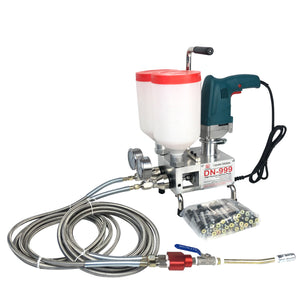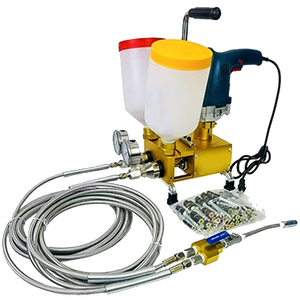The U.S. Environmental Protection Agency (EPA) has finalized a significant rule removing the “affirmative defense” provisions from the National Emission Standards for Hazardous Air Pollutants (NESHAP) for polyether polyols (PEPO) producers. Published in the Federal Register on September 2, 2025 (90 FR 42323), the rule takes effect immediately and fulfills a consent decree requiring final action by September 10, 2025.
What is Affirmative Defense?
Introduced between 2008 and 2014, affirmative defense allowed polyether polyol facilities to avoid civil penalties if emissions exceedances resulted from sudden, unavoidable malfunctions, provided corrective measures were taken. However, in NRDC v. EPA (2014), the D.C. Circuit clarified that only federal courts—not the EPA—could determine Clean Air Act penalties. Since then, EPA has systematically removed affirmative defense provisions across multiple industry rules.
Impact of the Rule Change
With this action, polyether polyol producers lose their legal shield. Any emissions violation—including during normal operations, startup, shutdown, or malfunctions—can now trigger civil penalties. While emission limits and reporting requirements remain unchanged, companies must now defend themselves in court if enforcement actions arise.
Why This Matters for the Polyurethane Industry
Polyether polyols are crucial feedstocks for polyurethane foams, coatings, sealants, and elastomers, but their production emits hazardous air pollutants like ethylene oxide and propylene oxide, which pose serious health risks. By eliminating affirmative defense, the EPA ensures continuous accountability for emissions, closing what was seen as a loophole that previously weakened enforcement.
After September 10, 2025
For the 23 U.S. facilities producing polyether polyols, the rule signals a stricter emissions compliance environment. Companies face increased liability, incentivizing stronger monitoring, preventive maintenance, and investment in emissions control technologies. Legal disputes may also rise, as penalty determinations will rest fully with federal courts.
Although the standards themselves are unchanged, the removal of affirmative defense increases the stakes for compliance. This move aligns the polyether polyols sector with more than two dozen other industries where affirmative defense has already been eliminated, reinforcing EPA’s broader strategy of tightening air toxics enforcement.
Stay Ahead in the Polyurethane Market
For businesses tracking the polyurethane supply chain, PUdaily Pricing Services provide:
-
Accurate daily price benchmarks for polyether polyols, isocyanates, and downstream products
-
Detailed pricing charts and market analysis
-
Weekly reviews covering the entire polyurethane industry
Whether monitoring raw materials or downstream demand, PUdaily intelligence helps companies make informed, strategic decisions.






0 comments